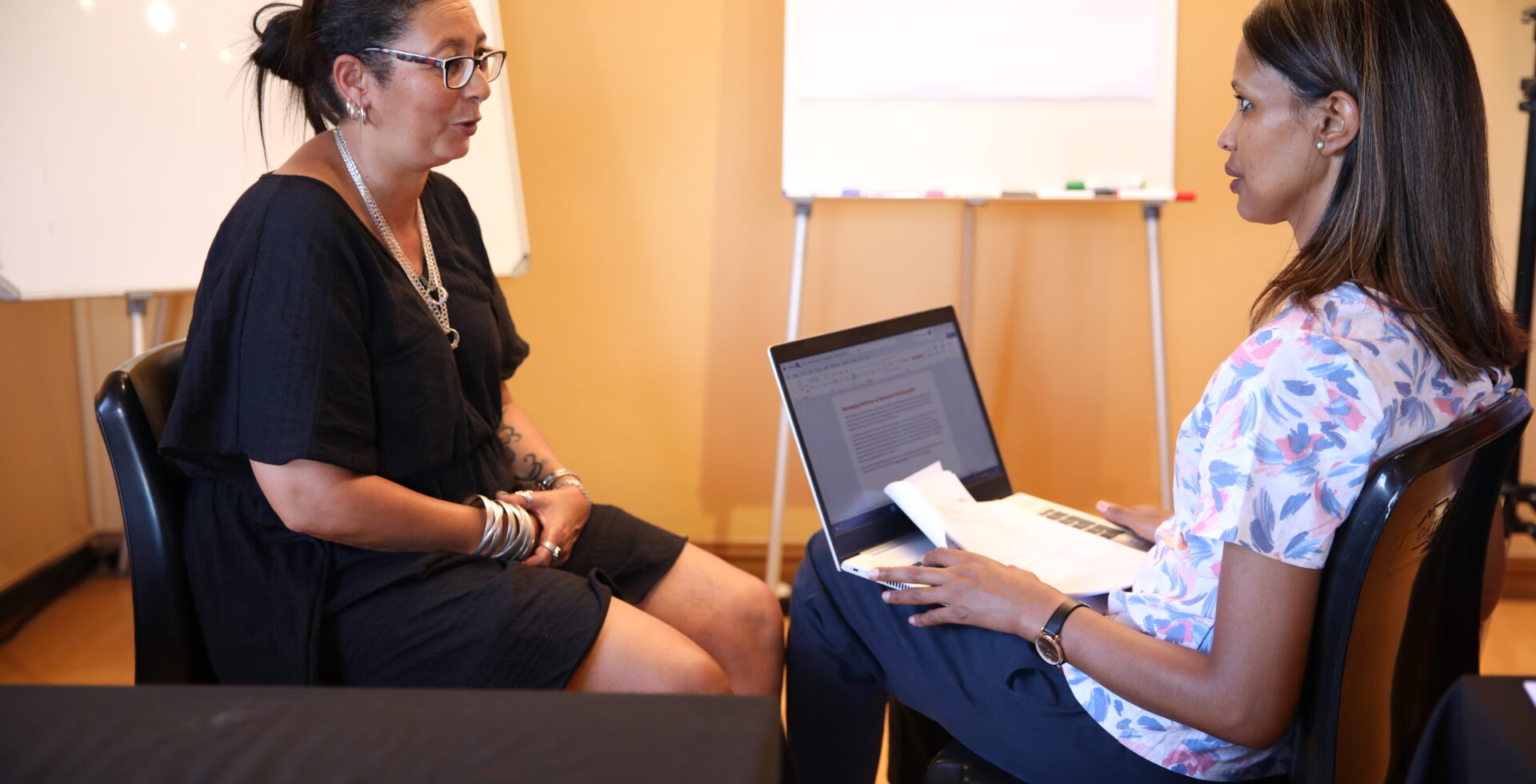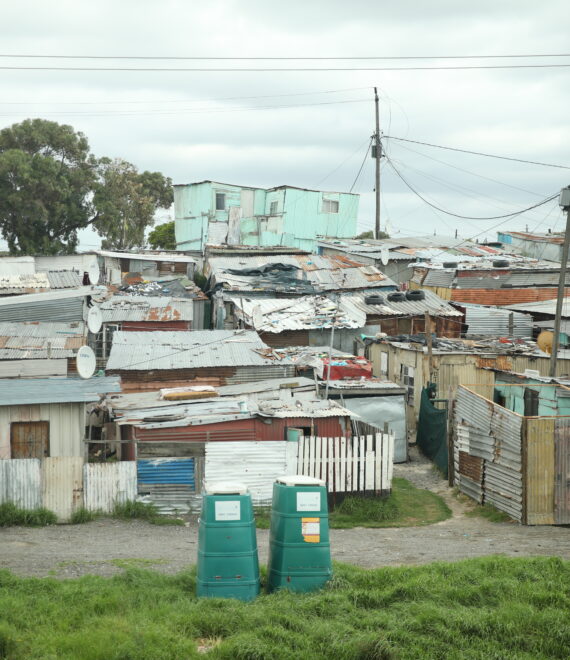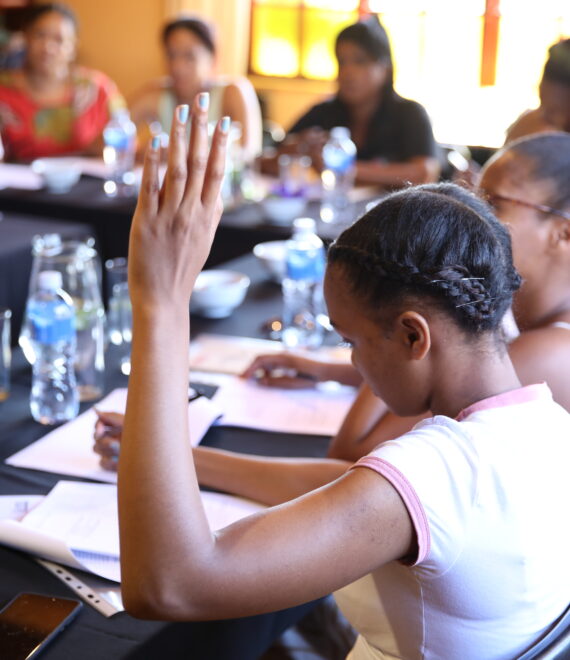
When a survivor files a complaint and the police opens a case relating to it, the police are required to arrange a medical examination. There are more than 50 state-run, one-stop facilities across South Africa with a duty to provide these services to survivors. They are known as the Thuthuzela Care Centers (TCCs), and their mandate is to offer emergency medical care, HIV prevention, counselling, and follow-up support.
However, TCCs are largely inaccessible to many marginalized communities, and less than half of the survivors surveyed received a medical examination following their assaults. Some said they were not told that a medical examination was required. Others were instructed far too late, meaning that critical evidence had been lost. Survivors also reported that the medical staff lacked empathy, understanding, or knowledge of the necessary forms, which prevented them from opening a case because they could not get the assistance to do so. Nearly two-thirds of survivors also reported that they did not receive psycho-social support or trauma counselling which are critical to help survivors deal with the long-term mental, emotional, and physical impact of gender-based violence.


